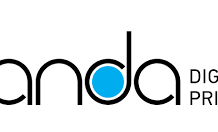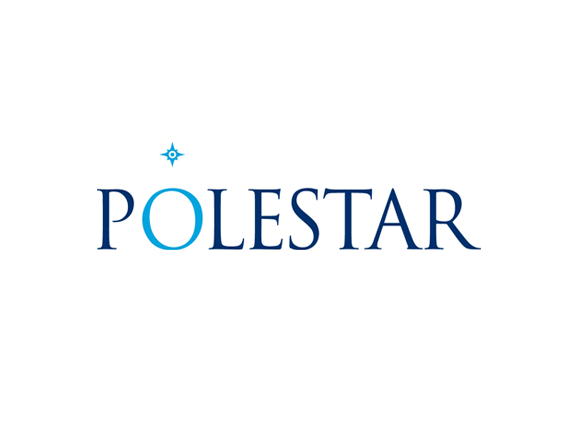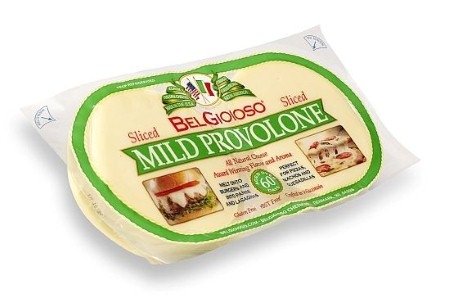The FLEXINAD research project aims to provide recommendations for printers in order to avoid printed defects due to the adhesion problem of the flexographic ink and provide procedures if faults occur.
Most of printed defects are due to strength problems like cohesion and adhesion of ink on substrate and between two inks. In this project, the main causes of printed defects due to the adhesion of the first ink layer on the substrate will be studied.
There are different steps in this project:
- Collect of information and samples (inks and substrates) with their specifications
- Printed trials in laboratory and in factory
- Study of interactions which change the adhesion of ink on the substrate
- Make some recommendations
The research partners working on the project are PTS (coordinator, Germany), Kenniscentrum Papier en Karton – KCPK (Netherland), and CELABOR (Wallonia).
The project has started in May 2012 and will last 2 years.
Work in Flexinad is focused on adhesion and printability of flexographic inks on paper and plastic substrates for flexible packaging
The focus of the project application is on flexographic printing on packaging material. Packaging must fulfil a wide range of information and marketing requirements in addition to content protection and simplifying transport, cargo handling and storage processes. Manufacturers and purchasers are increasingly favouring multi-colour printed, lavishly designed packaging, especially with a view to marketing aspects. In addition to traditional gravure and offset printing, flexographic printing is gaining considerably in importance in some areas for reasons of cost and flexibility. In other established segments which flexographic printing has always dominated, e.g. the corrugated board sector, the requirements on printing performance and quality are growing steadily. With the further development of flexographic printing in the past few years, this method also offers the great advantage that widely varying materials and finishing processes can be provided with high-quality prints. This, however, is exactly where one of the major problems arises, viz. many possible combinations with a wide range of properties, although up to now these properties have in no way been specified for flexographic printing. This relates in particular to the factors that are especially important for the printing process such as the wetting of the print rolls, printing plate and substrate. The adhesion of the printing ink on the substrate is crucial for the printed product and is another unsolved factor in the equation.
The innovation target of Flexinad is to provide easy to use but reliable test methods for wetting and adhesion properties that can be used by substrate, ink, printing and converting industry to provide the press operators in flexographic printing companies with appropriate specifications to choose the appropriate material and set-up the printing process such that the total process can be optimized with respect to make-ready waste and make-ready time, ink laydown and adhesion properties. The project objective is to better match the components substrate, printing ink and printing process with a view to improving print quality in flexographic printing. In this project, it is also intended to be examined to which extend laboratory test print methods are suitable for repeatedly differentiating substrates and for assessing flexographic printability. Another objective is to determine whether surface-energy and structure-relevant testing procedures can be used to elucidate the wetting and adhesion processes.
Until now, material selection, process control and matching of components have been based almost exclusively on empirical experience. Systematic studies of wetting and adhesion phenomena are almost totally lacking so that an overtly pressing need for research exists here. For this purpose, the impact of the substrate, printing ink and the process will be varied selectively, and the printability and print quality will be analysed both on a laboratory scale and in selected industrial trials. IGT Testing Systems is an important SME User Committee member in The Netherlands and will have a vital role in the project.
Partners of this project are Papiertechnische Stiftung, Germany, CELABOR, Belgium, Kenniscentrum Papier en Karton, The Netherlands and Wereld van Papier, The Netherlands. FLEXINAD is an ERA-NET CORNET project funded by national agencies members of the CORNET Network.
For more information visit www.eu-ecopaper.com or contact Erwin Polmann of the Papiertechnische Stiftung at erwin.polmann@ptspaper.de.










